Search the Special Collections and Archives Portal
Search Results
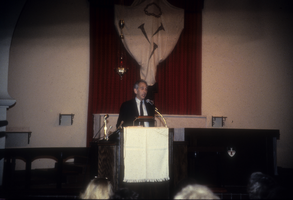
People in church during Lenten Desert Experience: photographic slide
Date
Archival Collection
Description
From the Sister Klaryta Antoszewska Photograph Collection (PH-00352).
Image
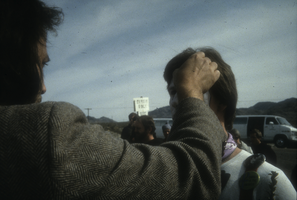
People in desert during Lenten Desert Experience: photographic slide
Date
Archival Collection
Description
From the Sister Klaryta Antoszewska Photograph Collection (PH-00352).
Image
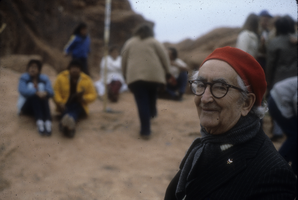
People in the desert on Easter Sunday during Lenten Desert Experience: photographic slide
Date
Archival Collection
Description
From the Sister Klaryta Antoszewska Photograph Collection (PH-00352). Man identified as "Robbie Feinberg".
Image
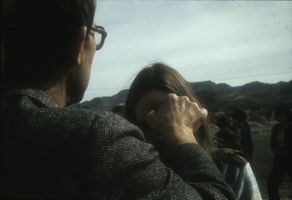
People in the desert during Lenten Desert Experience: photographic slide
Date
Archival Collection
Description
From the Sister Klaryta Antoszewska Photograph Collection (PH-00352).
Image
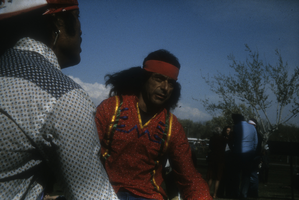
People at Lorenzi Park during Lenten Desert Experience: photographic slide
Date
Archival Collection
Description
From the Sister Klaryta Antoszewska Photograph Collection (PH-00352).
Image
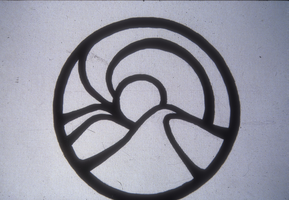
Lenten Desert Experience Logo.: photographic slide
Date
Archival Collection
Description
From the Sister Klaryta Antoszewska Photograph Collection (PH-00352).
Image
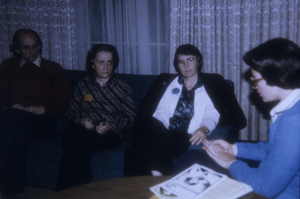
Lenten Desert Experience, People sitting indoors.: photographic slide
Date
Archival Collection
Description
From the Sister Klaryta Antoszewska Photograph Collection (PH-00352).
Image
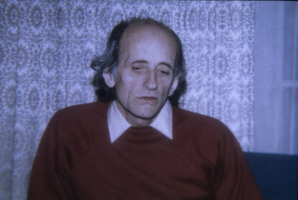
Lenten Desert Experience, Photo of a Man indoors.: photographic slide
Date
Archival Collection
Description
From the Sister Klaryta Antoszewska Photograph Collection (PH-00352).
Image

Road in desert with signs detailing explosives, Nevada Test Site, Nevada: photographic slide
Date
Archival Collection
Description
From the Sister Klaryta Antoszewska Photograph Collection (PH-00352). Lenten Desert Experience
Image
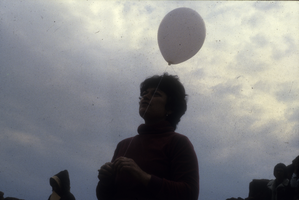
Woman with balloon in desert, Nevada Test Site, Nevada: photographic slide
Date
Archival Collection
Description
From the Sister Klaryta Antoszewska Photograph Collection (PH-00352). Lenten Desert Experience
Image
